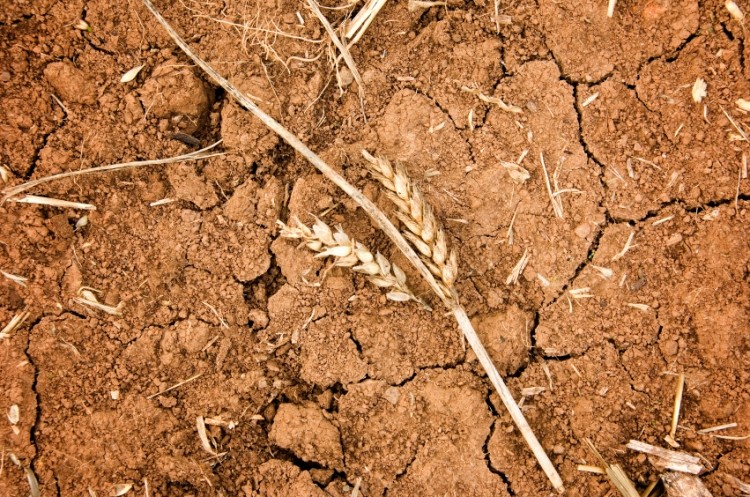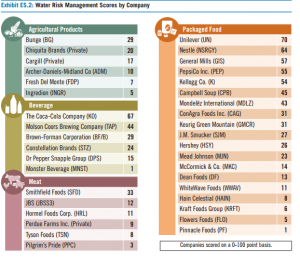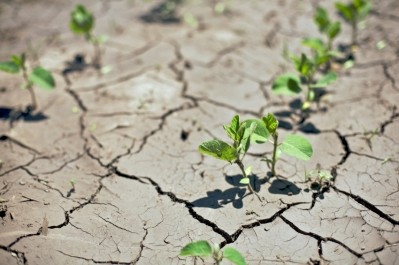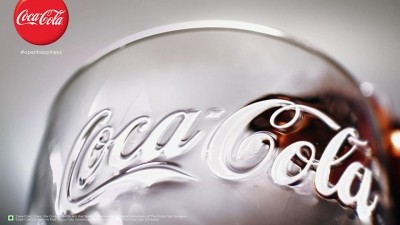Food industry unprepared for water shortages

The report, entitled Feeding Ourselves Thirsty, ranked 37 major food companies on their corporate water management and risk response, finding that nearly one third scored less than 50 out of 100.
Using publicly available information from corporate social responsibility reports, the authors rated companies for their water management at all stages of the manufacturing process - from direct operations to the processing, packaging and agricultural supply chain.
"While a small number of companies are taking wide-ranging actions to manage water risks across their operations and supply chains, most have a long way to go," the authors wrote.
In the beverage industry, Monster Beverage was the worst offender with one point while Cocoa-Cola came out on top with 67.
For packaged foods, Kraft Foods giant scored a mere six points while Unilever, Nestlé and General Mills were top-ranked with 70, 64 and 57 respectively.
Failing to act
And while industry was aware of the issue - Cargill reported a 12% fall in 2014 Q4 profits following a four-year drought which damaged US cattle pastures while Unilever estimated that natural disasters linked to climate change cost the company €357 m annually – corporate responses to this risk were insufficient, said the authors.
Words commonly failed to translate into action, with many companies paying lip service to water sustainability issues, said the authors.
“Water risk is a corporate governance priority for many of the companies evaluated. (…) Despite this, strong board oversight did not consistently translate into strong overall performance.
“Of the 16 companies with board oversight, most performed poorly overall, with more than 60 percent receiving fewer than 35 total points,” they wrote.
The result was that food prices would hit record highs in coming years, warned the authors.
"As water supplies become over-exploited in many major growing regions across the planet, traditional approaches to managing commodity price risk—such as hedging and geographic diversification— are becoming less effective."
Recommendations for the thirstiest business on earth
Co-authors Eliza Roberts and Brooke Barton issued a five- step recommendation list for companies and investors, urging companies to strengthen board charters to explicitly mention water, conduct regular risk analyses of their own supply chains and set sustainable sourcing goals.
But they also highlighted leading practices of the top ranking companies, such as the Coca-Cola Company which sets time-bound goals to source all major agricultural inputs sustainably, or Smithfield meat producers which discloses its water accounting data, including the amount of water that is recycled and reused.
“Producing food is the most water-intensive business on earth. (…) Irrigating crops and raising animals consumes roughly 70 % of the world’s freshwater,” wrote the authors.
“[But] the amount of water on the planet is for all practical purposes fixed. Only 2.5 percent of the world’s water is freshwater … However, much of this freshwater is polluted and water quality is deteriorating in many parts of the world.
Beef used more water than anything else humans eat, requiring 15,415 litres of water to produce one kilogram of beef mostly for animal feed. By comparison, one kilogram of pasta used up 1,850 litres of water mostly used for growing the wheat.
Ceres is a Boston-based nonprofit organization which aims to mobilise businesses and investors on climate change, water scarcity and other sustainability challenges.
Its full report can be read here.






